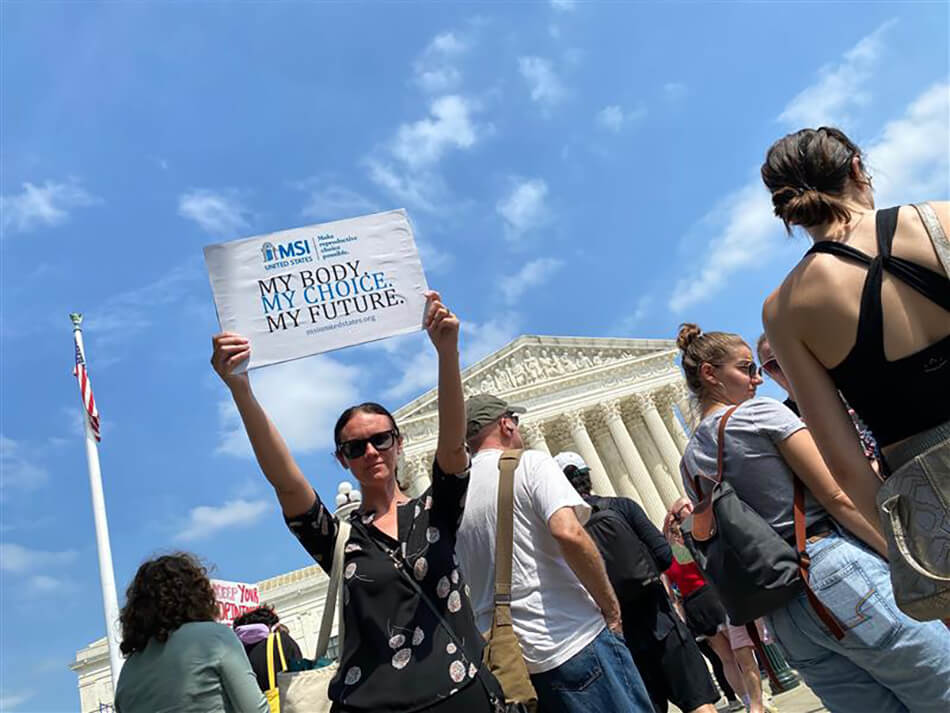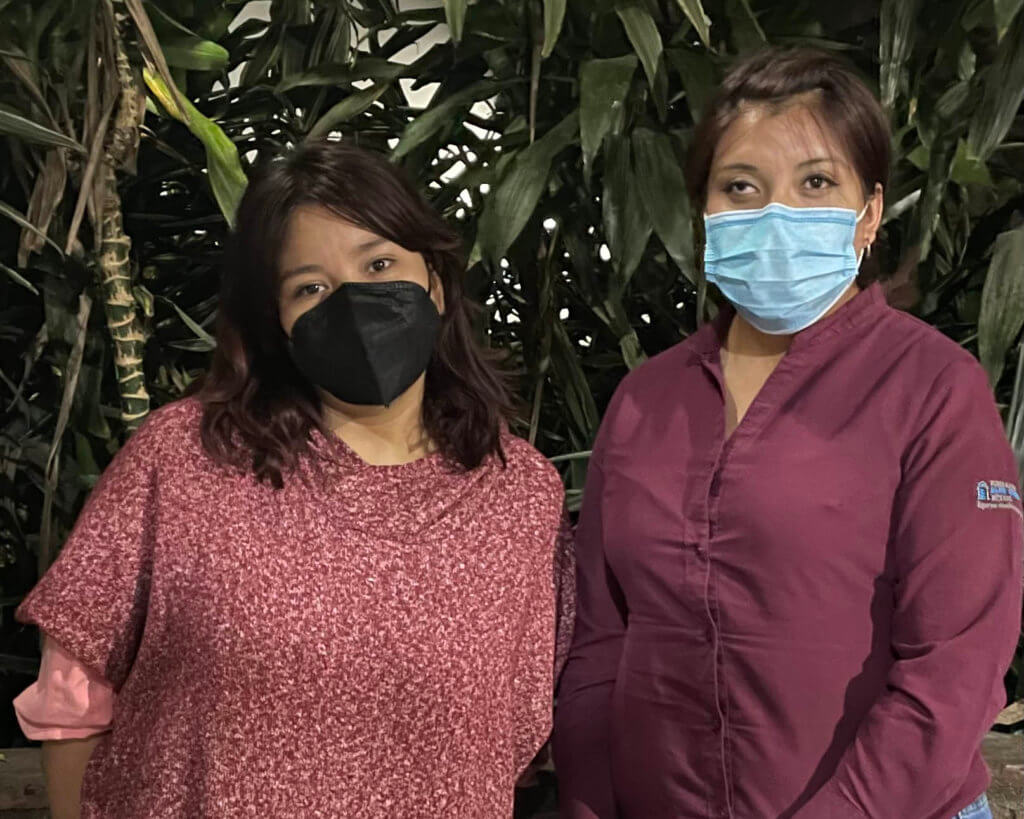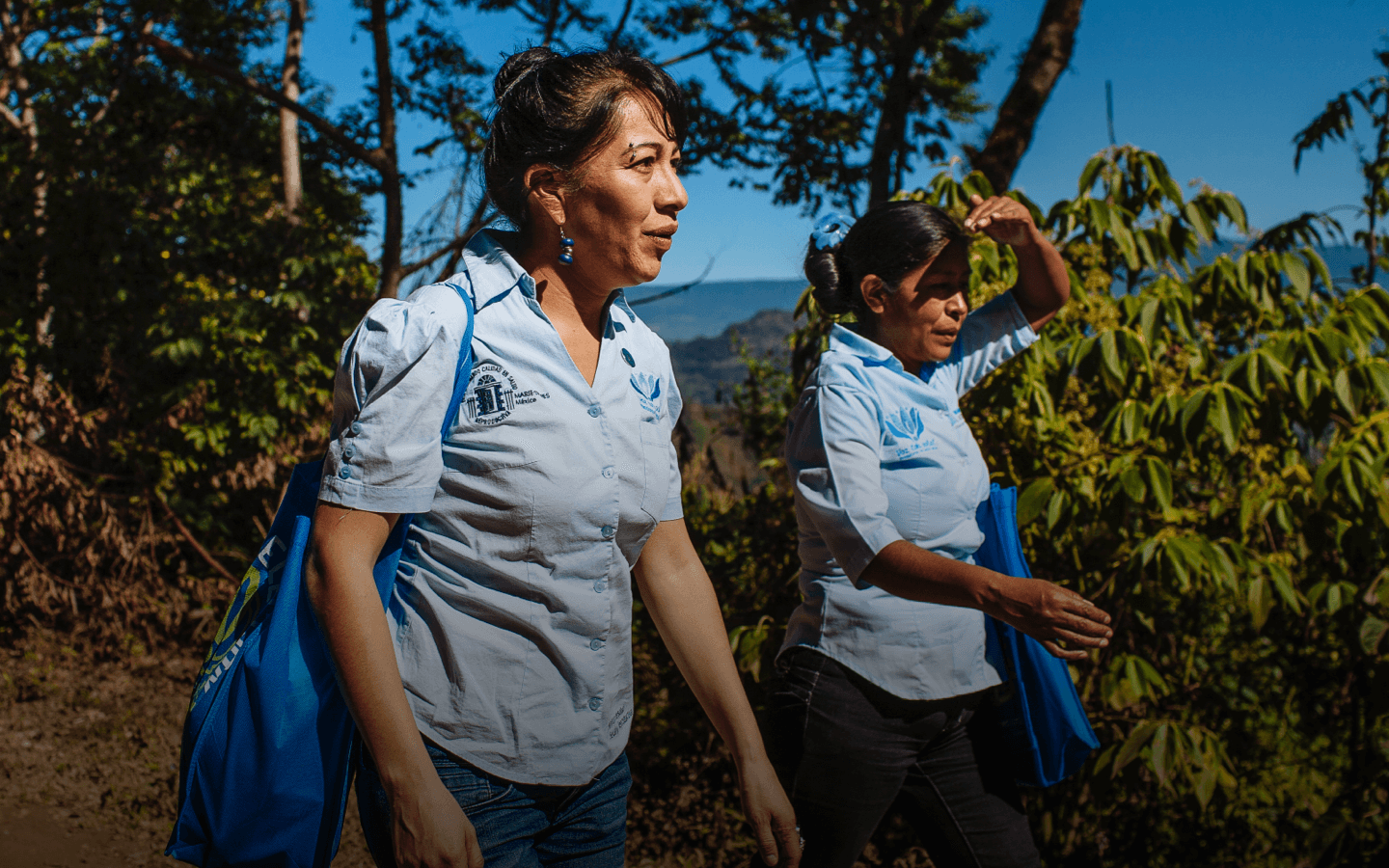For college students, abortion access is essential
Last summer, the overturning of Roe v. Wade sent shockwaves across the United States, placing women’s reproductive rights at risk. As of this writing, 24 states have passed restrictive laws which limit or eliminate access to abortion. The implications have been far reaching for college students in states that rolled back abortion rights. Through our work worldwide, we know how life-changing abortion access can be for women’s ability to pursue an education. And we’ve seen how harmful it can be when choice is not an option.
Reproductive rights support education
College students are at a critical time in their lives. They’re pursuing the knowledge that will help them build careers and plan for their futures. Threats to their reproductive rights during that time can have long-lasting consequences. When college students’ abortion access is taken away, they’re at risk of dropping out and losing the opportunity at a more financially stable future.
Even before the end of Roe v. Wade, abortion bans already limited students’ academic opportunities. For example, research showed that Black teens in states with restrictions on abortion were less likely to attend college. But with abortion now banned outright in many states, students will face even greater barriers to continuing their education. Another study found that unintended pregnancies were the number one reason students dropped out of college, particularly for students in community colleges. Nationwide, people in their 20s obtain 60 percent of abortions. Many list educational or career opportunities as the main reason they chose to end their pregnancies.

US students speak out
New state bans are forcing students to think about what they would do if they faced an unintended pregnancy. “I would probably want an abortion if I faced an unintended pregnancy. But I go to college in Florida, where abortion is illegal now,” Mia, an undergraduate student, told us. “So, if I get pregnant, I’d have to ask my parents for help. I wouldn’t be able to afford the abortion and the travel expenses on my own. Some of my friends would have to “find” some other solution. I don’t even want to think about what that might be.”
Another student, PhD candidate Emily, told us: “My girlfriends and I talk about abortion a lot since it became illegal here In Louisiana. Illinois is the closest option for us. Everyone’s being extra careful with birth control, but nothing’s 100% effective. It’s ridiculous to think that just over some state line, there are women who don’t have to worry about this like we do.”
At MSI, we see how young people are often denied access to sexual and reproductive healthcare. When that happens, it can prevent them from achieving their goals. Now, young American women are facing similar challenges.
Worldwide, students need choice
Everyone, no matter where they live—in the United States and around the world—should have the freedom to control their own body and future. Our teams see every day how for college students, abortion access is life-changing.
Diana, a young woman from Oaxaca, Mexico, dreamed of becoming an educator and making a positive impact on her community through education. However, when she faced an unintended pregnancy, social stigma surrounding abortion made it hard for Diana to find safe abortion care.

Diana knew that continuing the pregnancy would keep her from achieving her goals. “I realized that it was not the right time to have a child because emotionally I was not ready. Economically even less,” Diana explained, “I wanted to continue studying, to continue with my career, to grow as a person.” Fortunately, a friend connected her to MSI Mexico, where she was able to access the necessary care. Now, she’s continuing her studies and pursuing her dreams.
In South Africa, telemedicine services are reaching students who can’t travel to a traditional clinic. One client served by MSI South Africa shared her story, highlighting the importance of telemedicine during the pandemic-induced lockdown period. She said, “I found out I was pregnant during the lockdown period. I am studying at Rhodes University. I could not think of a way to get to Port Elizabeth for the service, so I was referred to telemedicine.” MSI quickly sent her medication abortion pills and guided her through the process of taking them, so she could continue her studies.
The fight for choice continues
At MSI, we put young people at the center of our work. We know that they face unique barriers to accessing reproductive healthcare. Limited access to reproductive services, particularly abortion, can have long-term consequences for the education and empowerment of women. MSI plays a crucial role in ensuring that young women like Diana can access the reproductive healthcare they need while pursuing their education. We’ll continue to advocate for college students’ abortion rights to create a future where education and reproductive choices are not mutually exclusive.






